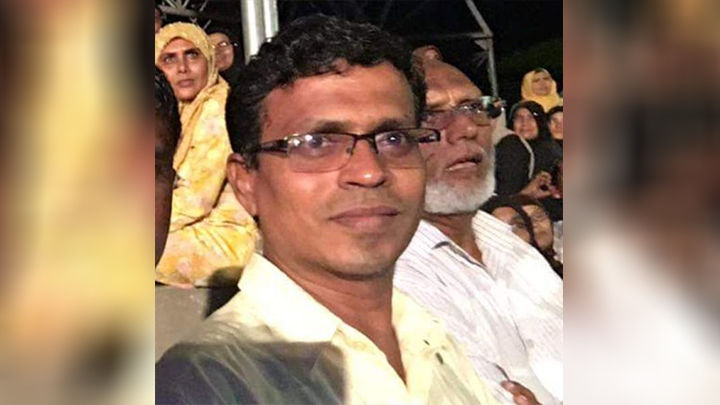Social media activist released
The high court has released prominent social media activist Thayyib Shaheem on the condition that he refrains from defaming the government.

16 Apr 2017, 09:00
The high court has released prominent social media activist Thayyib Shaheem on the condition that he refrains from defaming the government.
Thayyib was arrested on suspicion of inciting fear and panic about the H1N1 swine flu virus and sowing discord among the public with false information on social media. The criminal court remanded the 42-year-old to police custody thrice since his arrest on March 17.
His lawyer Nazim Sattar told the Maldives Independent that the appellate court overturned the criminal court’s second order on the condition that Thayyib allows the police access to his personal electronics for 60 days and seeks permission before leaving the country.
“We asked that he be released with conditions and he agreed to these conditions,” the lawyer said.
Become a member
Get full access to our archive and personalise your experience.
Already a member?
Discussion
No comments yet. Be the first to share your thoughts!
No comments yet. Be the first to join the conversation!
Join the Conversation
Sign in to share your thoughts under an alias and take part in the discussion. Independent journalism thrives on open, respectful debate — your voice matters.




